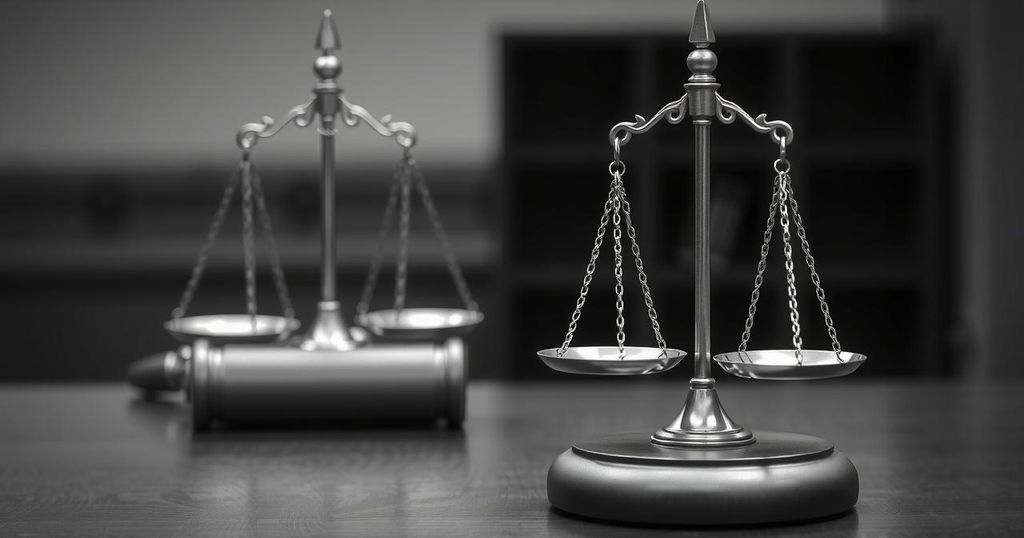Judge Briefly Blocks Immigrants’ Deportation to South Sudan
- Federal judges recently blocked and then cleared deportations to South Sudan.
- Judge Morris put a temporary hold on deportations to evaluate appeals.
- Supreme Court orders influenced judges’ decisions on recent deportations.
Temporary Halt to Deportations Causes Stir in Court
Legal battles over immigrant deportations have ramped up lately, with a federal judge stepping in to briefly block the deportations of eight immigrants back to South Sudan—a country currently engulfed in civil war. During a thoroughly busy day on July 4, District Judge Randolph Moss halted these removals as he considered a last-minute appeal from the immigrants’ legal team. However, it quickly became clear that his authority was limited; the decision on whether these immigrants could be sent onward lay in the hands of federal Judge Brian Murphy in Boston, who had previously stepped in to pause earlier deportations to the troubled region.
Second Judge Clears Path for Immigration Removals
By Friday evening, Murphy issued a ruling that signaled the legal groundwork had shifted yet again. In his statement, he said the orders from the Supreme Court effectively constrained him, noting that the appeals raised by the petitioners were too similar to prior cases that had already been adjudicated. “This Court interprets these Supreme Court orders as binding on this new petition,” he wrote. This meant the administration was free to move forward with deportations, even though the immigrants have offered a complex mosaic of backgrounds from nations such as Laos, Mexico, and Myanmar.
Supreme Court’s Influence on Deportation Cases
The Trump administration, which had plans in place to transfer these immigrants from a U.S. naval base in Djibouti to South Sudan, has faced a series of hiccups as legal challenges have emerged. The immigrants, who have spent weeks awaiting their fate, were initially flown to Djibouti but found themselves unable to proceed further due to previous rulings that mandated court hearings before any new countries could accept them. Ultimately, the Supreme Court had recently vacated those earlier decisions, and with the new guidance issued on Thursday night, it cleared the way for the administration to carry out its intent, prompting the emergency appeal from the immigrants’ lawyers the same evening.
In summary, federal judges in Washington, D.C. and Boston recently navigated a complex legal landscape associated with immigrant deportations to South Sudan, a country rife with conflict. Despite a temporary judicial halt, the legal path was cleared for the removals, allowing the administration to move forward with their plans. Significant barriers remain, but the swift decisions underscore the ongoing tensions between the judiciary and immigration enforcement efforts.




Post Comment